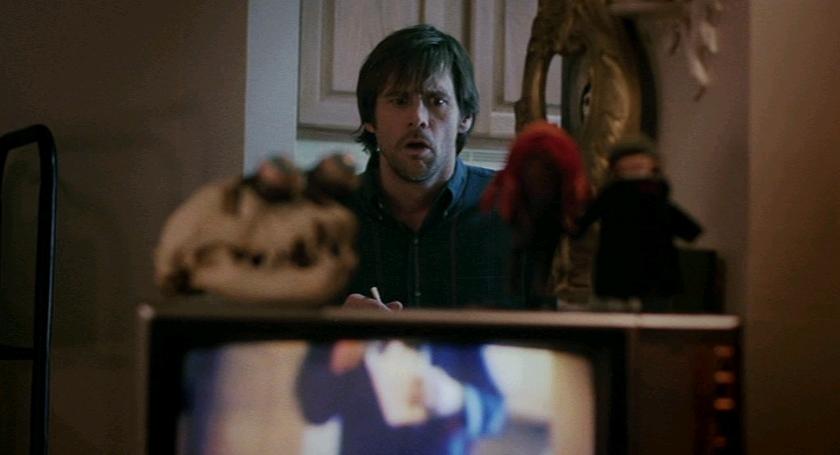| Academy Award Nominations and Winners for Eternal Sunshine: |
| Best Actress: Kate Winslet |
| ★ | Best Original Screenplay: Charlie Kaufman, Michel Gondry, and Pierre Bismuth |
|
| Golden Globe Nominations for Eternal Sunshine: |
| Best Picture (Musical/Comedy) |
| Best Actress (Musical/Comedy): Kate Winslet |
| Best Actor (Musical/Comedy): Jim Carrey |
| Best Screenplay: Charlie Kaufman |
|
| Other Awards for Eternal Sunshine: |
| Writers Guild of America: Best Original Screenplay (Kaufman, Gondry, and Bismuth) |
| National Board of Review: Best Original Screenplay (Kaufman); Special Mention for Excellence in Filmmaking |


